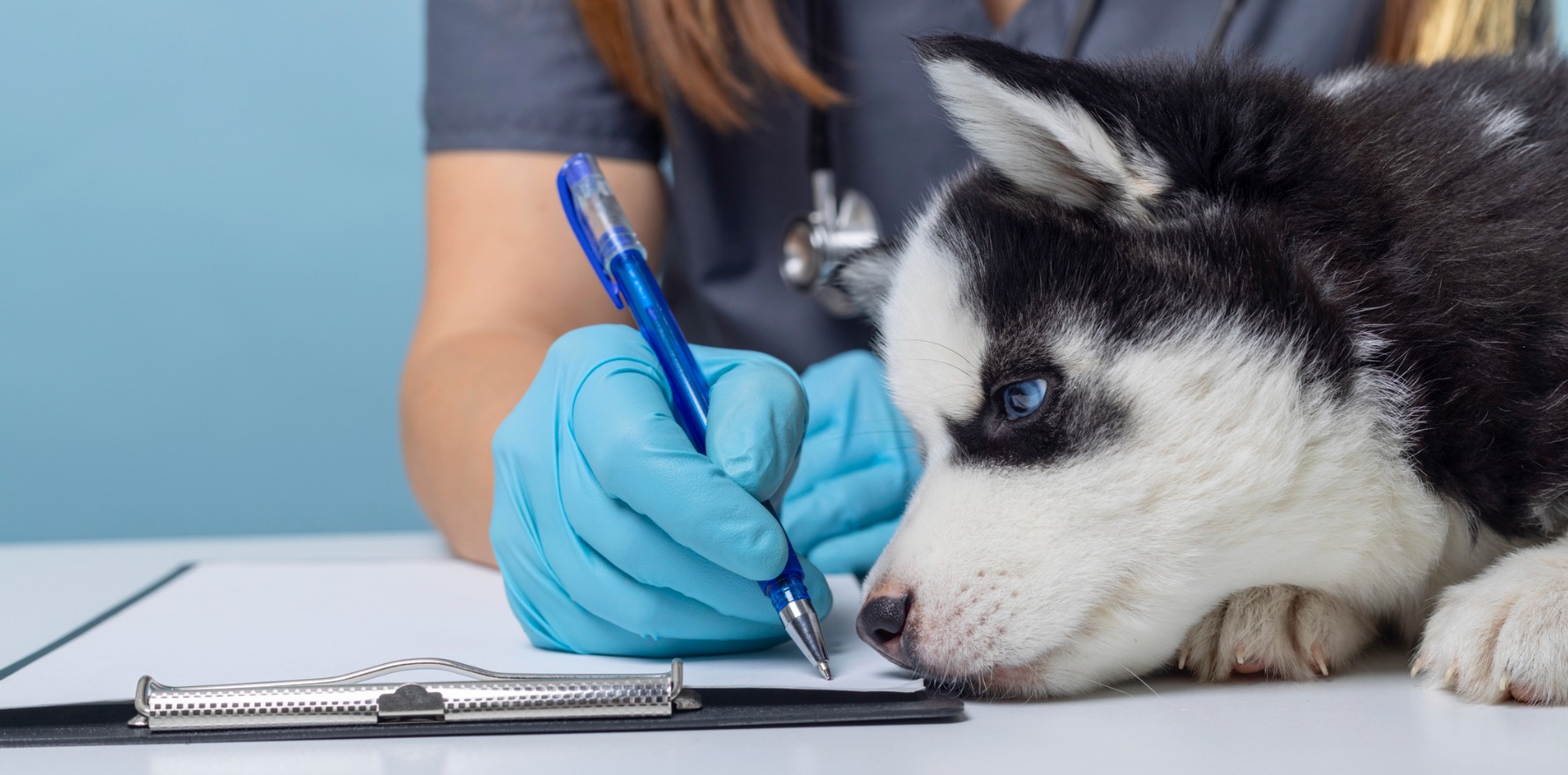While doctors can be compelled to give certain patient information in a court of law, media is a different matter.
Indemnity firm Avant Mutual has warned doctors that any protections for breaking patient privacy end at the courtroom doors, amid reports that the GP from the Leongatha mushroom poisoning trial is currently fielding patient complaints.
Dr Chris Webster, who treated poisoning victims at Leongatha hospital in the days following the fateful mushroom lunch, was called to testify at Erin Patterson’s murder trial earlier this year.
Ms Patterson was convicted of murdering her father-in-law, Don Patterson, her mother-in-law, Gail Patterson, and Gail’s sister, Heather Wilkinson, by serving a beef wellington made with poisonous death cap mushrooms.
On the witness stand, Dr Webster recounted his short consult with Ms Patterson in which he asked where she had gotten the mushrooms, to which she replied “Woolworths”.
She then discharged herself against medical advice, prompting Dr Webster to contact the police.
In a media interview with the Herald Sun conducted after the verdict was handed down, Dr Webster was quoted as calling Ms Patterson a “crazy bitch” and a “disturbed sociopathic nut bag”.
According to Nine Newspapers, complaints about these remarks have “flooded in” and Dr Webster now expects to be investigated by AHPRA.
According to medical indemnity firm Avant, the allowances for what health professionals can say while testifying under subpoena disappear as soon as that health professional steps out of the witness stand, even if aspects of the case were in the public domain.
“A subpoena compels you to give evidence – it compels you to turn up to court and go into the witness box and give evidence,” Avant general manager of advocacy Georgie Haysom told The Medical Republic.
“Then, under the Privacy Act, that [compulsion] gives you authority to then breach privacy.
“That protection lasts as long as you’re in court.”
Even while in court, Ms Haysom said, there are limits as to what doctors can say.
Related
“Even when giving factual evidence in court as a treating doctor, doctors should limit themselves to factual, objective information rather than personal opinions or character assessments,” Ms Haysom said.
“We recognise being involved in court proceedings can have a significant emotional impact.
“However, once a doctor steps outside the courtroom, their full professional obligations around confidentiality resume.”
Even once information is in the public domain and is being reported, Ms Haysom said, privacy laws for treating doctors still apply.
“Confidentiality is a cornerstone of the doctor-patient relationship, which relies on trust,” Ms Haysom said.
“A patient should be able to go and see their doctor and obtain healthcare and provide all the important, often sensitive clinical health information to their doctor, knowing that it will be kept confidential.”
Ms Patterson is yet to be sentenced.





